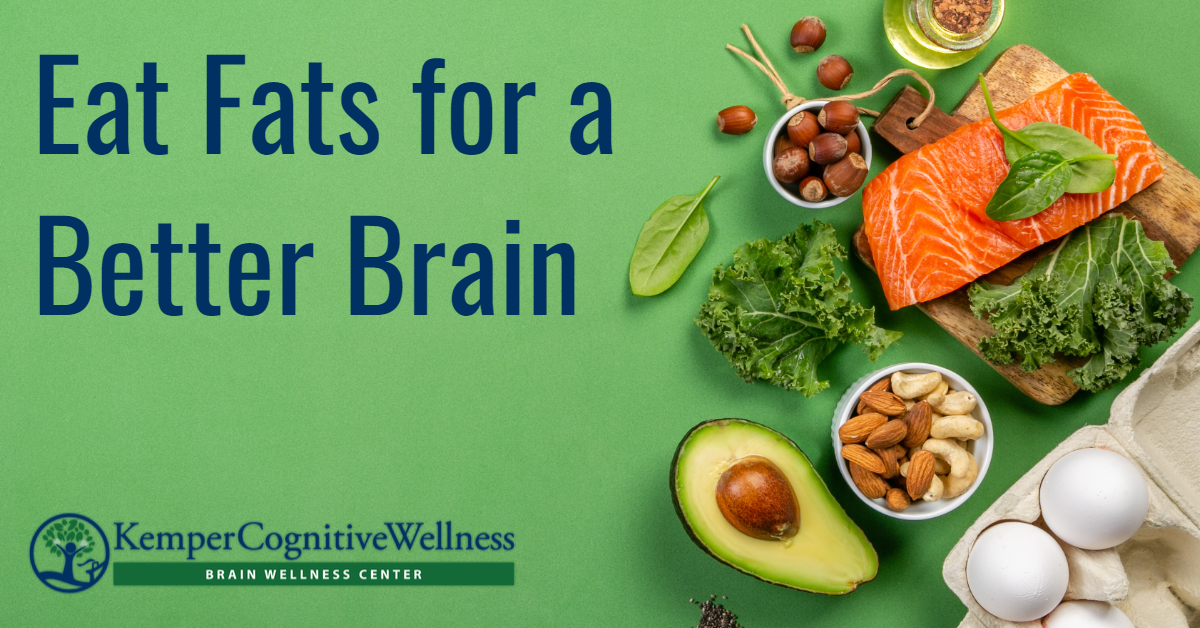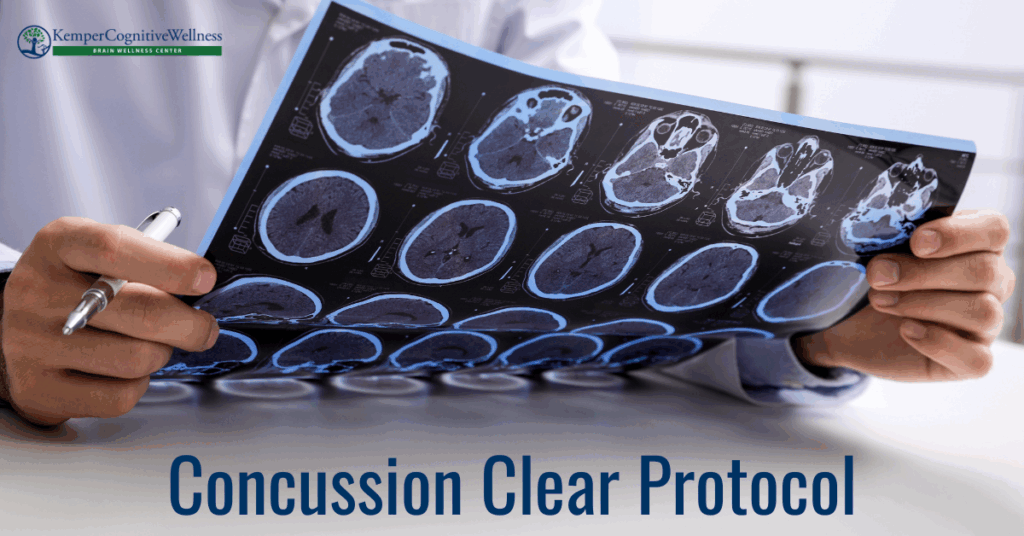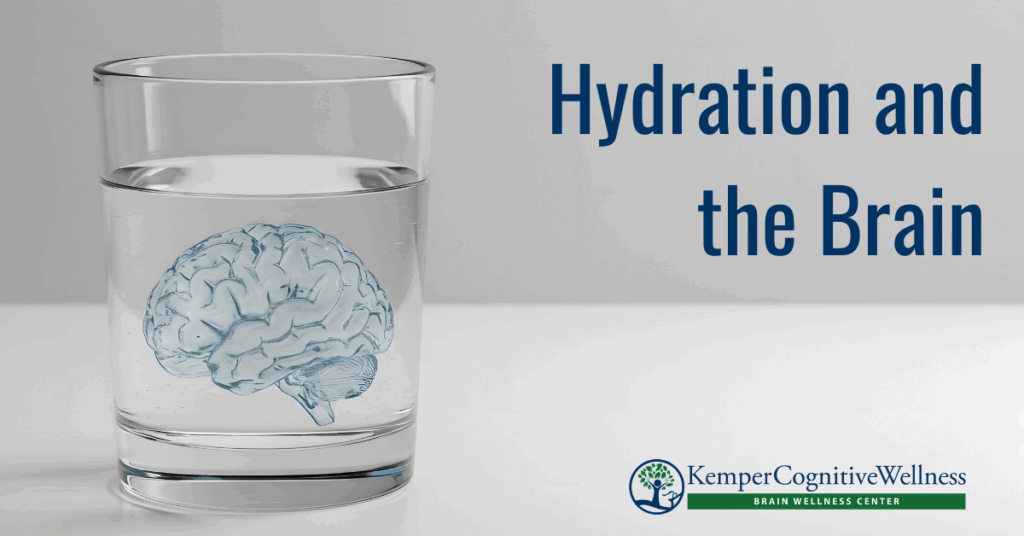By: Nikki Gould, RDN, CLT Kemper Wellness
March is National Nutrition Month! Did you know that there are specific eating styles that can help your brain work better? The brain has a high demand for the energy your food supplies, using over 20% of the calories you consume. Without a good fuel source, neurotransmitters, chemical messengers in the brain, are not produced and communication between neurons breaks down. What you choose to eat, or don’t eat for that matter, will determine whether you are fueling optimal health and cognitive function.
So, what is the best way to eat for brain health? There isn’t one diet that we recommend to everyone as it’s important to factor in current health conditions, food preferences, and individual biochemistry. However, one specific eating style seems to improve mental clarity, focus, energy, and mood more than others…The Ketogenic diet.
A Ketogenic diet is filled with high-fat foods and very low in carbs. While a Standard American diet contains around 65% carbohydrates, a ketogenic diet has less than 10%. It’s this reduction of carbs that switches the fuel source to the body. Rather than utilizing glucose (sugar) as fuel, a ketogenic diet provides ketones (fats) that the cells and brain just so happen to love. If you’re thinking “but I love bread and pasta!” you may benefit from a ketogenic diet the most, as it can often put an end to sugar cravings and crashes.
It’s important to note that not all ketogenic diets are created equal. That means there are many keto recipes and products that may be low in carbohydrates but aren’t the best for overall health. Look for plans that emphasize healthy fats like avocado, almonds, olive oil, coconut, and wild salmon, over bacon, cream cheese, and other processed cheeses.
If a ketogenic diet seems too restrictive, don’t worry! There are many other brain-healthy eating strategies with great impact on brain health. One good one is the Mediterranean diet. It emphasizes fruits, vegetables, nuts, beans, legumes, and whole grains focusing on unrefined carbs rather than restricting them altogether. Whatever your diet preference, one thing is for sure, food is a powerful tool to better your brain and lead you on a road to healing and recovery. What’s on your plate?





